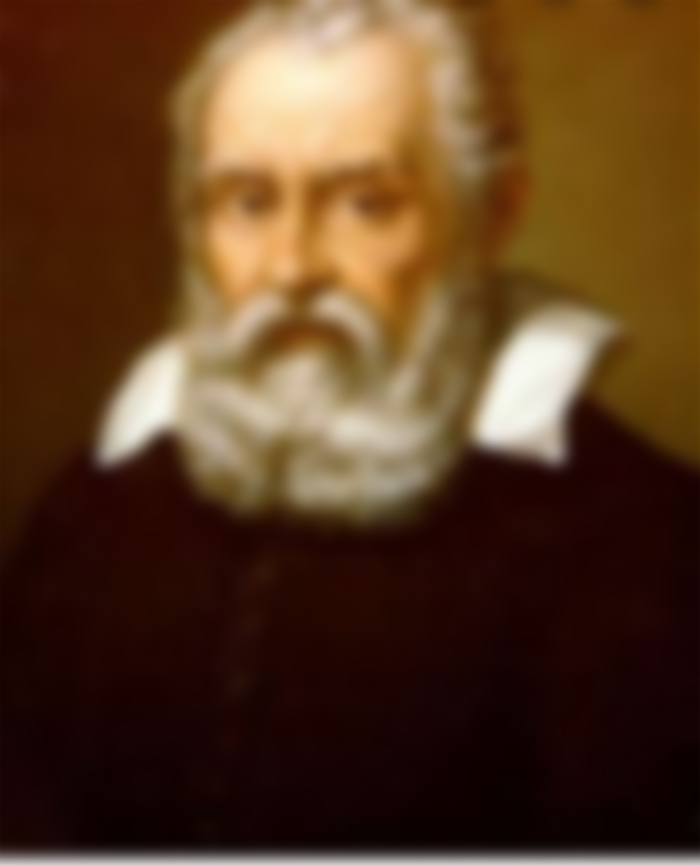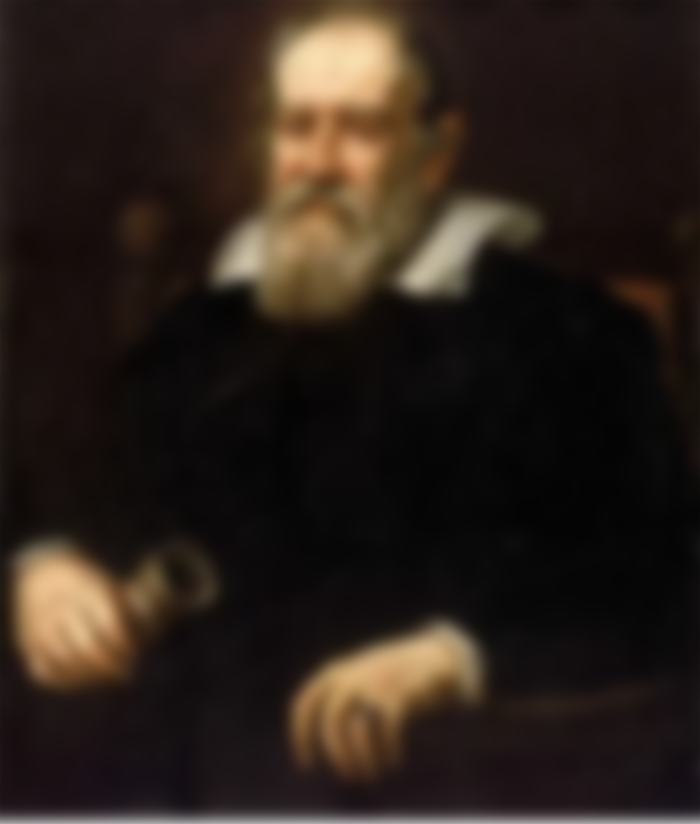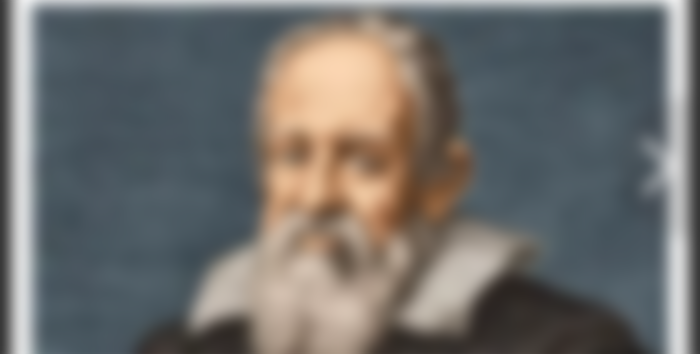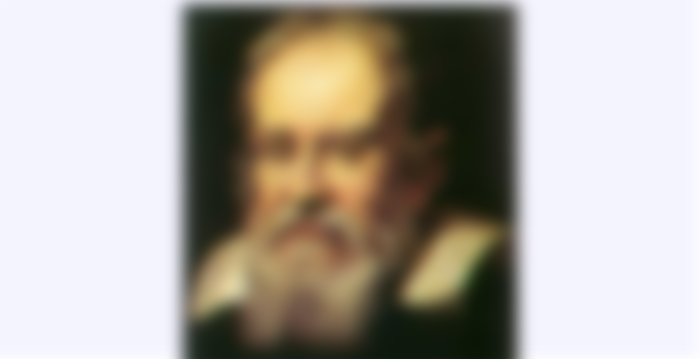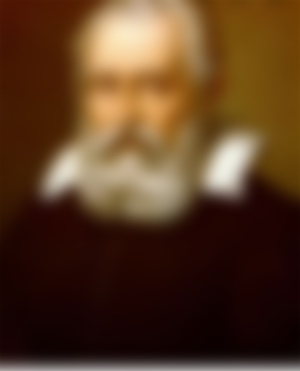
Between the 14th and 16th centuries, European scientists and philosophers began to understand the universe in a way that contradicted the teachings of the Catholic Church. One man who looked at the sky was Galileo Galilei.
Before the time of Galileo, many believed that the sun, planets, and stars revolved around the earth. This belief was part of the official dogma of the Catholic Church.
But with his telescope, Galileo saw evidence that contradicted the generally accepted scientific teachings. For example, when he observed sunspots that appear to move on the surface of the sun, he found that the sun revolved around an axis. Observations like these have greatly expanded human knowledge of the universe, but would also lead to Galileo's direct conflict with the Catholic Church.
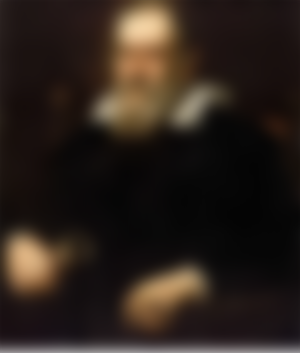
SCIENCE AND RELIGION
Galileo announces its results.
Decades earlier, Polish astronomer Nicolaus Copernic developed a theory that the Earth revolves around the sun. Galileo studied Copernicus' work on the motion of celestial bodies and gathered evidence consistent with the theory. Galileo was initially reluctant to post some of his comments because he feared they would be despised and despised. He couldn't hold back his enthusiasm for what he saw through his telescope and eventually made his discoveries known. Some scholars found his reasoning provocative, and soon Galileo was denied the priesthood of their pulpits.
In 1616, Cardinal Belarmine, "an important theologian of the time", informed Galileo of a recent Catholic decision against the ideas of Copernicus. He urged Galileo to obey this decree, and Galileo did not publicly declare for several years that the earth revolved around the sun.
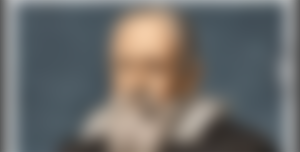
In 1623, Pope Urban VIII, friend of Galileo, began to reign. In 1624, Galileo asked the Pope to revoke the decree of 1616. Urban instead asked Galileo to explain the conflicting theories about Copernicus and Aristotle in a way he didn't even agree with.
Then Galileo wrote a book called Dialogue About the Big World. Although the Pope ordered Galileo to be neutral, the book seemed to favor Copernicus' conclusions. Galileo's enemies were quick to assert that his book ridiculed the Pope. Galileo was accused of heresy and threatened with torture. He was forced to deny the teachings of Copernicus. In 1633, the Roman Inquisition sentenced him to life imprisonment under house arrest and banned him from his writings. Galileo died on January 8, 1642 in his house in Arcetri near Florence.Pope John Paul II admitted that the Catholic Church wrongly condemned Galileo
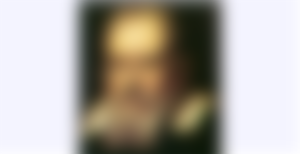
For centuries, some of Galileo's works remained on the register of books that Catholics could not read. In 1979, however, the Church reflected on what the Roman Inquisition had done 300 years earlier. Finally, in 1992, Pope John Paul II admitted that the Catholic Church had wrongly condemned Galileo.
